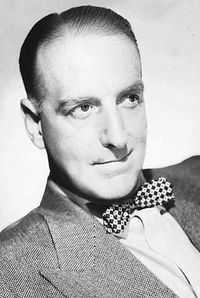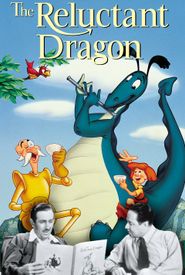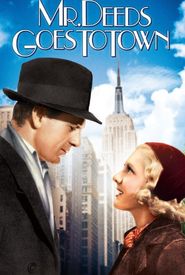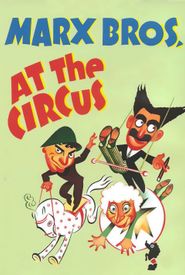Barnett Parker, a stalwart of the British colony of expatriate actors in Hollywood during the 1930s, was a quintessential embodiment of the quintessential British gentility. Hailing from Harrowgate College, Parker was known for his straight-backed, balding, and well-intoned demeanor, which often led to his portrayal of unctuous, stiff-upper-lip butlers, man-servants, or waiters. However, his performances could occasionally veer into the realm of campiness, particularly when his characters became frustrated and resorted to incoherent outbursts or wild gesticulations.
Trained under the tutelage of Marie Tempest and George Alexander in England, Parker began his acting career on Broadway, making his debut at the Lyceum Theatre in Arthur Wing Pinero's "The Mind the Paint Girl" in 1912. He went on to secure roles in numerous hit plays, including "Hobson's Choice" (1915),"Artists and Models" (1924),and "The Red Robe" (1928).
Initially hesitant to venture into film, Parker eventually succumbed to the allure of the celluloid medium, signing with the East Coast-based studio Thanhouser in 1915. He worked during the day, while treading the boards at night, and quickly landed a plum role as a weak socialite in "Prudence, the Pirate" (1916). Although he was rarely afforded the opportunity to play heroic roles, Parker's talent and versatility earned him a reputation as a reliable character actor.
Throughout the 1930s, Parker was in high demand for small roles as dandified or 'illy ass' Britishers, delivering memorable performances in films like "Mr. Deeds Goes to Town" (1936),"Personal Property" (1937),"Live, Love and Learn" (1937),and "Broadway Melody of 1938" (1937). Despite his advanced age, Parker's appearance often belied his years, leading to a rather premature passing at the Cedar of Lebanon Hospital in Los Angeles on August 5, 1941, following multiple heart attacks.





















































